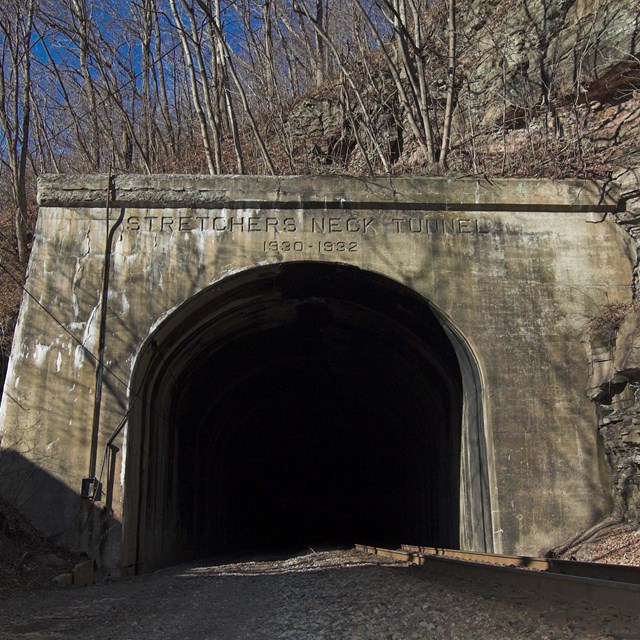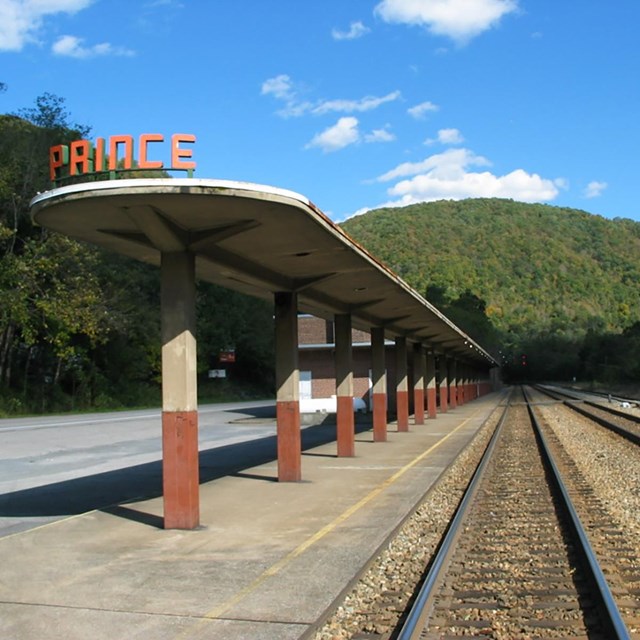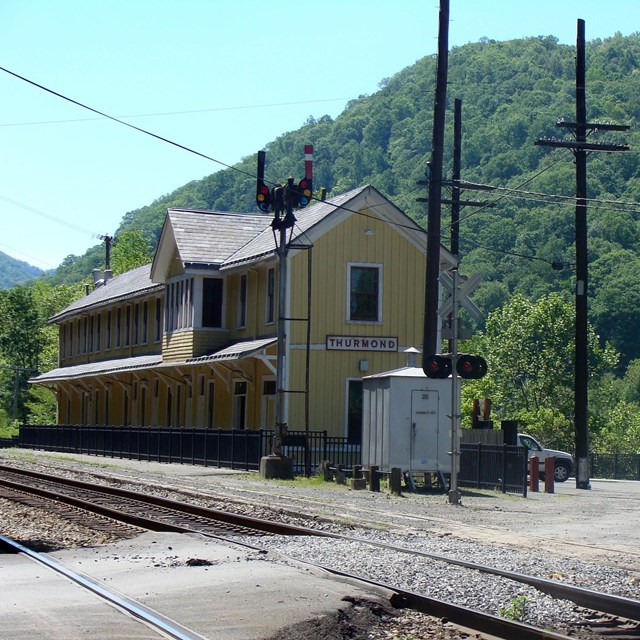
NPS In 1872, the Prince family opened the Prince Brothers General Store. Also known as the Prince Store, it sold a wide variety of goods to nearby residents. It was one of only a few independent stores to operate in the New River Gorge at that time. When it opened, newspapers said the Prince Store was in a "nearly perfect location". It was close to several coal towns and the C&O Railway main line passed by the store. This access to the railroad let the Prince Store offer fast, efficient supply of goods. 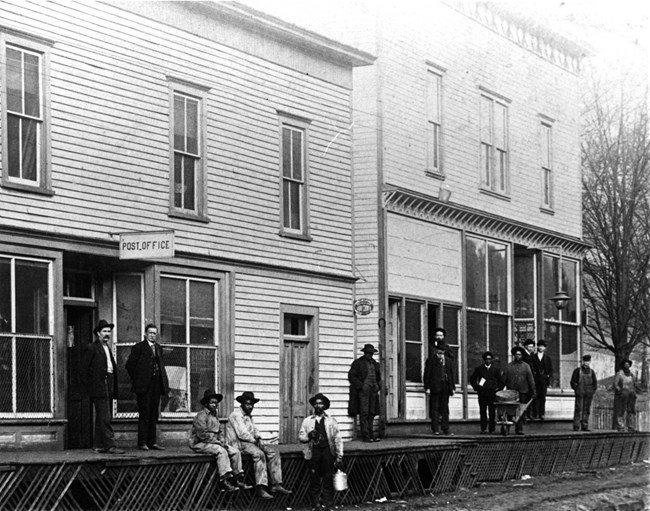
NPS A Store For EveryoneIn the nearby coal towns of New River Gorge, the company owned everything. Houses, churches, schools, and even stores belonged to the coal operators. Company stores faced little or no competition and were able to charge premium prices. Miners and their families could only buy a limited stock of goods for steep prices. To make sure miners shopped at the company store, the companies paid miners in "scrip". Scrip was paper or coin vouchers tradable for goods only at the company store. Isolated families paid only in scrip had almost no choice but to shop at the company store. As an independent store, the Prince Store gave miners a shopping alternative. If they could travel to Prince, these families could buy better quality goods. People from Raleigh, Wyoming, Mercer, and Logan counties all shopped at the store. Food, clothes, furniture, and a large variety of other necessities were available. Many company stores actually ordered goods from the Prince Store. The selection of goods and speedy delivery was too good to pass up. In 1901, the railroad bridge at Prince connected both sides of the river. This brought even more business to the Prince Store. Business was booming as people from all over came to shop and the store prospered. Other businesses opened around the store. The local post office that served the area for over a hundred years was within the store. When Camp Prince opened, the post office moved to an adjacent building to handle the large amount of mail. After the camp closed, the post office moved back into the store. 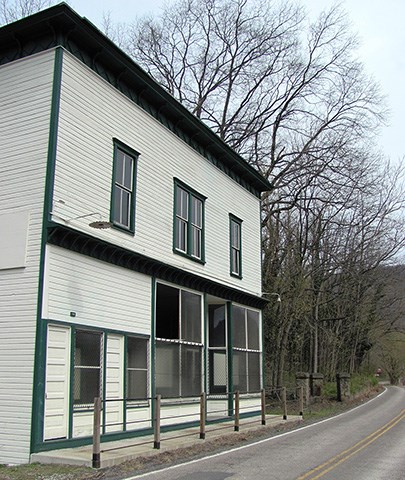
NPS Later YearsThe Prince family operated the store until 1937. Its geographical location allowed it to outlast the coal company stores. In 1944, a local named Herman Monk purchased the Prince Store. Herman Monk lived in Thurmond and Beckley before moving to Prince. After taking over ownership of the store, people began calling it "Monk's Store". Monk offered local delivery of products as far away as Backus Mountain. The store continued to prosper into the early 1950s. Monk ran the store until 1975 after which he rented it to other operators. Edna Mae Berry, a local resident, was the last operator of the store. Prince Store TodayOver 100 years after it opened, the Prince Store closed its doors for good in 1984. In 1986, the National Park Service added the Prince Brothers General Store to the National Register of Historical Places. Today, the store remains under the management of the National Park Service. While the building is not open to visitors, those that visit Prince can still see the store next to WV-41. More Places in New River Gorge
|
Last updated: September 8, 2025

